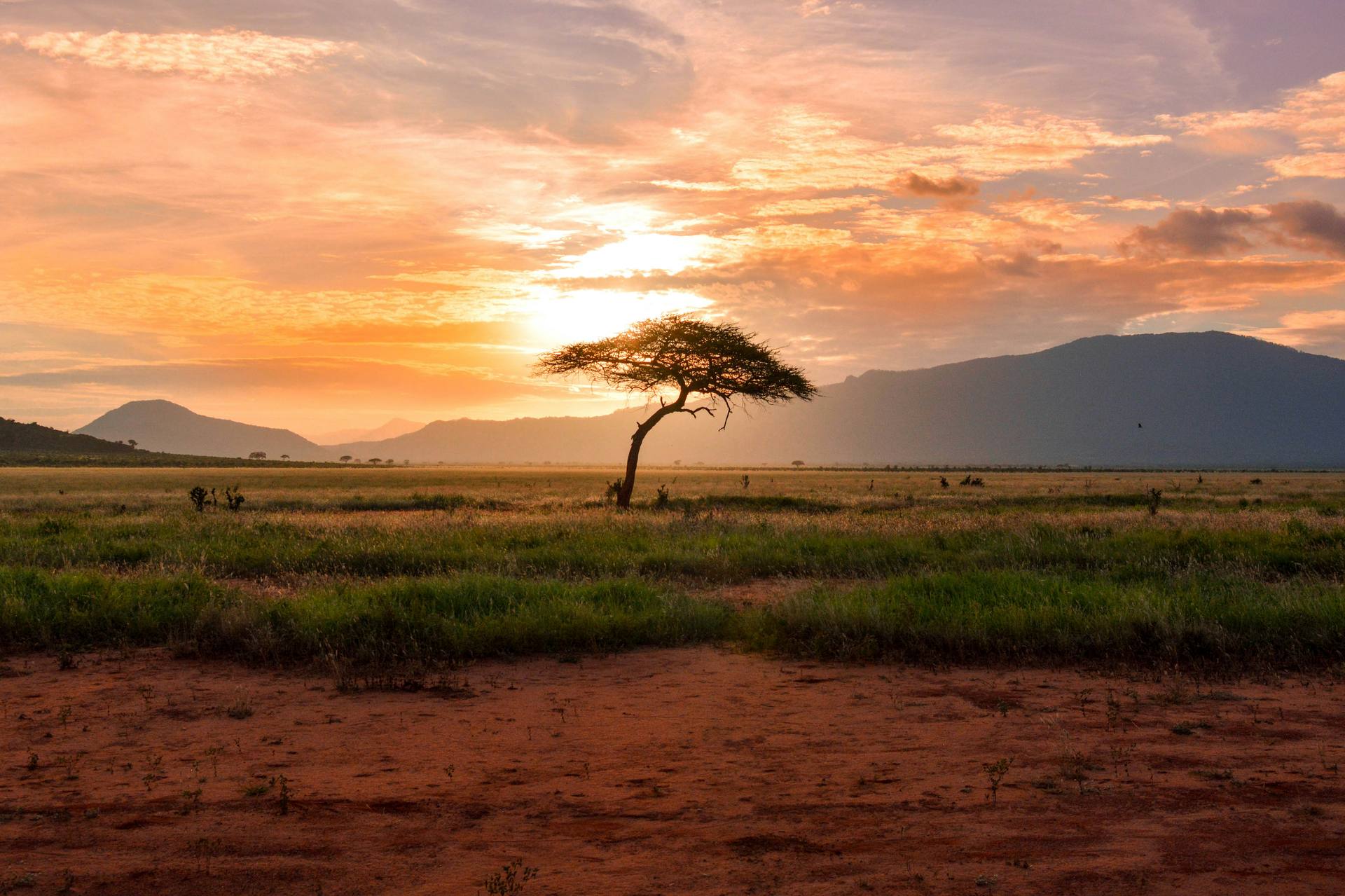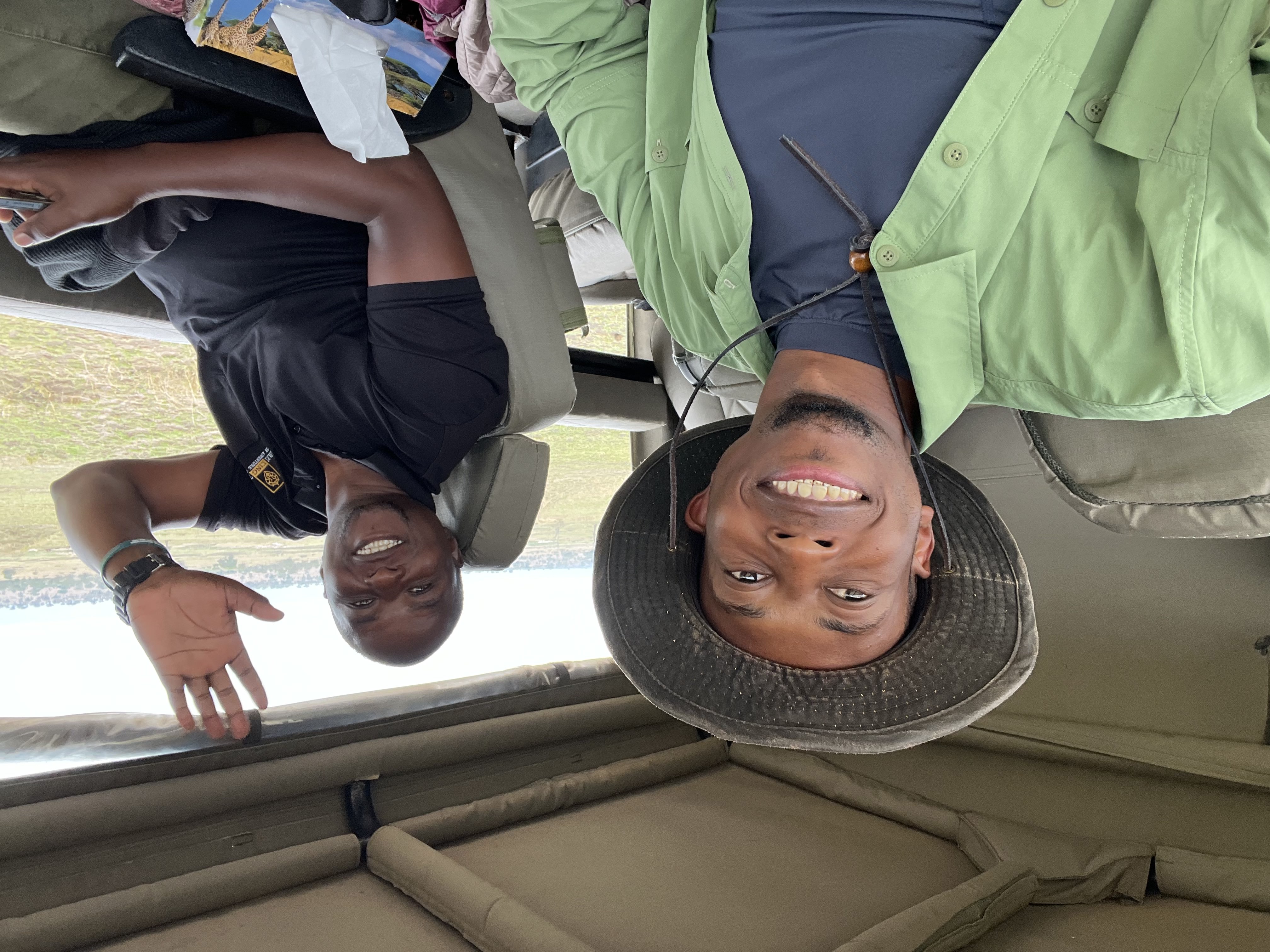
Expert Safari Guidance
Tanzania Safari FAQ
Get expert answers to all your Tanzania safari questions. From planning your first African adventure to understanding costs, timing, and logistics.

Expert Safari Guidance
Get expert answers to all your Tanzania safari questions. From planning your first African adventure to understanding costs, timing, and logistics.
Planning a safari to Tanzania? You're in the right place. Our comprehensive FAQ covers everything from the best time to visit and safari costs to packing essentials and safety tips. With over 20 years of experience guiding travelers through Tanzania's incredible landscapes, we've compiled the most common questions and expert answers to help you plan the perfect African adventure.
The dry season (June to October) is considered the best time for Tanzania safari, offering excellent wildlife viewing as animals gather around water sources. However, each season has unique advantages:
The best time depends on your priorities - wildlife density, weather preferences, budget, and crowd tolerance.
We recommend a minimum of 5-7 days for a proper Tanzania safari experience. This allows time to visit multiple parks and witness diverse ecosystems:
Longer safaris allow for a more relaxed pace and higher chances of witnessing rare wildlife behaviors.
Tanzania has three main safari circuits, each offering unique experiences:
Your choice depends on your experience level, crowd preferences, and specific wildlife interests.
Booking timelines depend on your travel season and accommodation preferences:
Luxury lodges and Great Migration camps fill up fastest. We can sometimes arrange last-minute safaris, but options may be limited.
Tanzania safari costs vary significantly based on accommodation style, group size, season, and duration. We offer transparent pricing with no hidden fees:
All our packages include accommodation, meals, park fees, professional guide services, 4x4 safari vehicles, and airport transfers. Contact us for detailed pricing based on your specific requirements, travel dates, and group size.
Comprehensive safari packages typically include:
Not included: International flights, Tanzania visa, travel insurance, tips, alcoholic beverages (at some camps), and personal expenses.
Yes, budget for these additional expenses:
Our payment structure is designed for your convenience and security:
We accept bank transfers, credit cards (Visa/Mastercard), and PayPal. All payments are secured and we provide detailed receipts and booking confirmations.
Essential safari packing list:
Avoid bright colors (especially blue and black) as they attract tsetse flies. Most lodges provide laundry services.
Health requirements for Tanzania:
Consult your healthcare provider or travel clinic 4-6 weeks before departure for personalized advice based on your itinerary and medical history.
Yes, Tanzania is generally very safe for safari travelers:
Follow your guide's instructions, stay in designated areas, and choose reputable operators. Tanzania's tourism industry is well-developed and safety-focused.
Tanzania offers incredible wildlife diversity:
Wildlife sightings vary by season, location, and luck. Our experienced guides maximize your chances of incredible encounters.
Most visitors need a visa for Tanzania:
Check current visa requirements for your nationality and consider applying for e-visa in advance to avoid airport queues.
Main airports for Tanzania safari:
Kilimanjaro International is most convenient for Northern Circuit safaris. We provide airport transfers from all major airports.
Tanzania has a tropical climate with two main seasons:
Pack layers for temperature variations and light rain gear for wet season travel.
Absolutely! Popular combinations include:
We specialize in creating seamless combinations that maximize your African experience while managing logistics efficiently.
Yes! Tanzania safaris can be excellent for families:
We design family safaris with appropriate accommodations, activities, and pacing for different age groups.
Both options have distinct advantages:
Private safaris offer maximum flexibility and personalization, while group safaris provide social interaction and cost savings.
Yes, we accommodate various dietary and accessibility needs:
Inform us of any special requirements during booking so we can make appropriate arrangements with lodges and ensure your comfort throughout the safari.
Our safari experts are here to help you plan the perfect Tanzania adventure. With over 20 years of experience, we've guided thousands of travelers through Tanzania's incredible landscapes and wildlife.
Get personalized advice, custom itinerary planning, and answers to any questions not covered in our FAQ. We're committed to making your African dream a reality.
